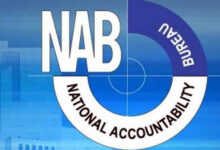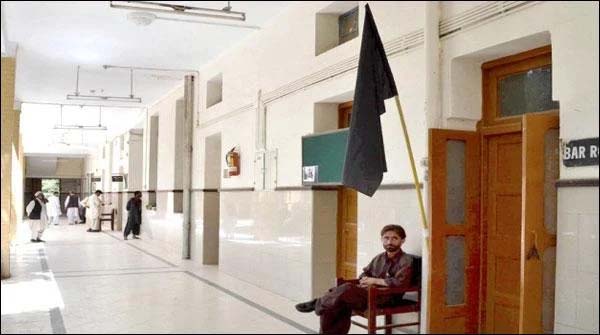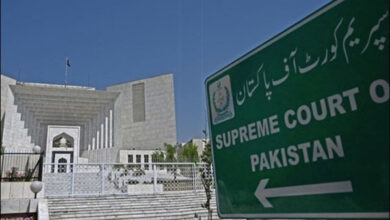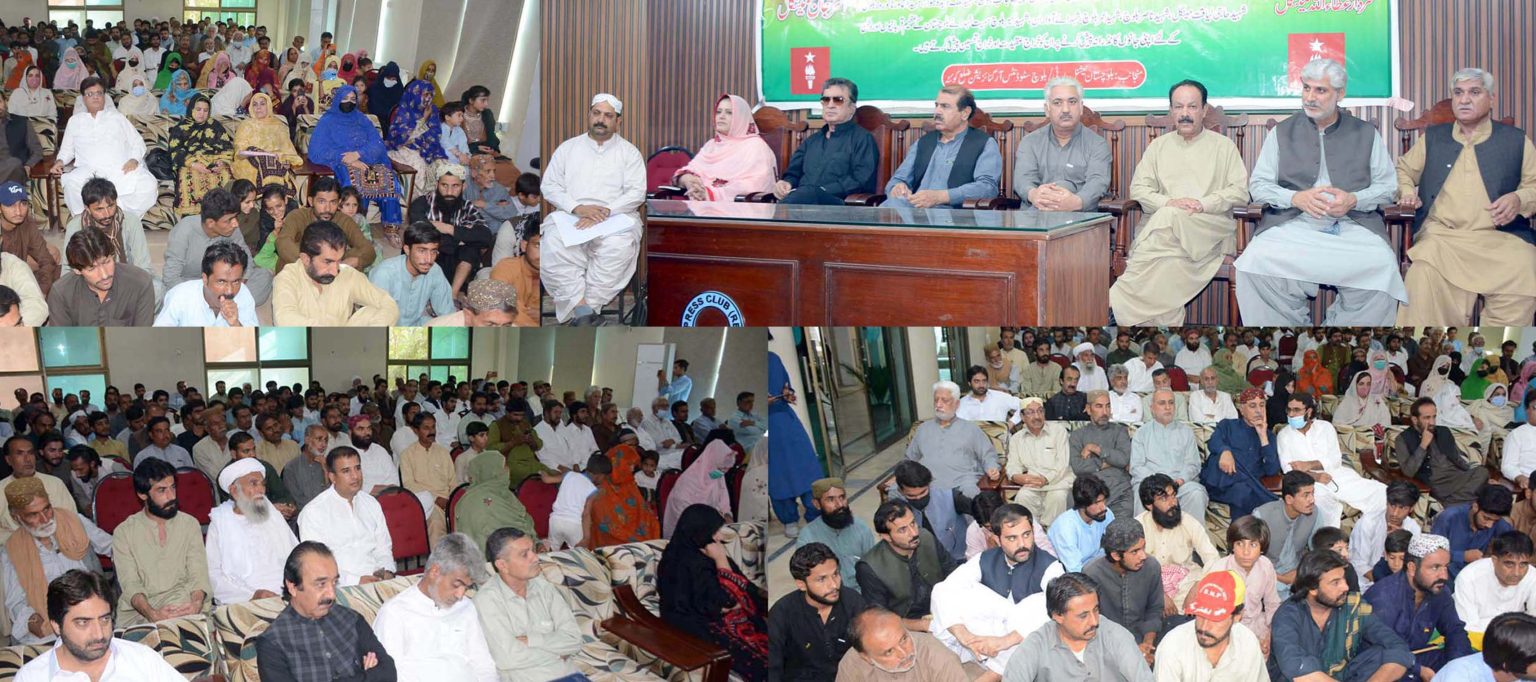Hafiz Hamdullah Criticizes Government Over Balochistan’s Rights and Schools Act
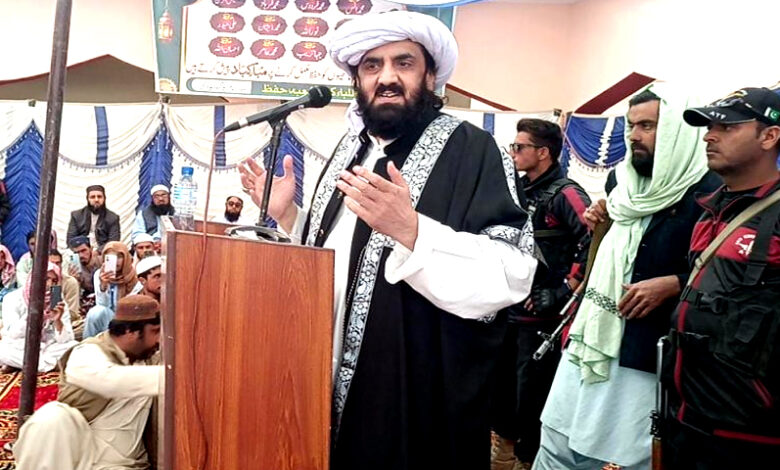
Nushki:In a powerful address at the annual convocation of Jamia Mahmoodiya in Nushki, **Hafiz Hamdullah**, a central leader of **Jamiat Ulema-e-Islam (JUI)** and former senator, strongly criticized the government for its handling of Balochistan’s rights, particularly in the context of the **Reko Diq Project** and the **Madrasah Act**. He also condemned the ruling elites for the political, economic, and constitutional failures that have left the country struggling.
Speaking on the **Reko Diq Project**, Hafiz Hamdullah raised alarm over the government’s attempts to reduce Balochistan’s share from 25% to just 5%. He expressed concerns that this move would deprive the people of Balochistan of their rightful share of the province’s wealth, despite the project being a major national resource. “This is another attempt to rob the people of Balochistan of their rights,” he said, highlighting that the province should benefit from its resources, which could transform it into a prosperous region. He also mentioned that the people of **Sui** and **Dera Bugti**, despite living in gas-rich areas, remain deprived of natural gas.
On the **Madrasah Act**, Hafiz Hamdullah criticized the government’s actions, saying it had failed politically, morally, and constitutionally by not signing the act into law. He referred to the **26th Constitutional Amendment**, which passed in both the National Assembly and the Senate, and was supposed to include the Madrasah Act as part of the Constitution. However, the President’s refusal to sign it, he argued, exposed the government’s failure to honor its constitutional obligations. Hafiz Hamdullah emphasized that such delays or resistance will not stop the Madrasah Act from becoming law.
The former senator also took a historical perspective, recalling how British rulers viewed Madrasahs, mosques, and scholars as threats. “The British aimed to disconnect Muslims from the Quran and even burned millions of copies of the Holy Quran,” he stated. He lamented that after the British, local rulers in Pakistan have continued to undermine religious institutions and scholars. He stressed that the government has always tried to create obstacles for **Madrasahs**, despite these institutions being the pillars of Islamic education and the source of many who contribute positively to society. “Madrasahs are not the breeding grounds for criminals or terrorists, unlike what some want to portray,” he said, adding that any weapons found in some Madrasahs were not the property of the Madrasahs, but rather a result of the state’s failures.
Hafiz Hamdullah also emphasized the importance of modern education, saying there should be no objection to teaching subjects like English, Mathematics, Social Sciences, and Pakistan Studies in Madrasahs. “Madrasahs have produced scholars and intellectuals, not criminals,” he remarked.
Addressing the issue of **Pakistan’s political crisis**, Hafiz Hamdullah blamed the ruling class for the country’s economic collapse and political turmoil. He pointed out that the real enemies of the country were not the **religious scholars** but the political elites who have historically undermined the country’s unity. He referred to how the country was split into **Pakistan** and **Bangladesh**, attributing the division not to religious leaders but to military and political rulers.
On the international front, Hafiz Hamdullah criticized the government for prioritizing foreign interests over the country’s, particularly citing the **Pakistan-Iran gas deal**. He stated that despite **Iran** having completed its part of the agreement, Pakistan, under pressure from the U.S., delayed the deal. “The rulers of today are making decisions based on foreign interests rather than the national interest,” he said.
Hafiz Hamdullah also expressed concern about the current **education curriculum** in Pakistan, stating that the ruling elites are not happy with the existing syllabus, which teaches students about Islamic values, the life of the Prophets, and prominent Islamic figures. He urged religious parties, scholars, and the religious community to unite against these attempts to alter the curriculum.
In conclusion, Hafiz Hamdullah called for unity among all Muslims, regardless of sect or ethnicity, to stand firm in their faith and resist efforts to weaken the Islamic identity of Pakistan. He also condemned the use of force and coercion in decision-making, urging that political and constitutional matters should be resolved democratically and peacefully.
“The country should be called **Pakistan**, not **Baroodistan**,” he concluded, urging the ruling class to respect the will of the people and the country’s Islamic heritage.

